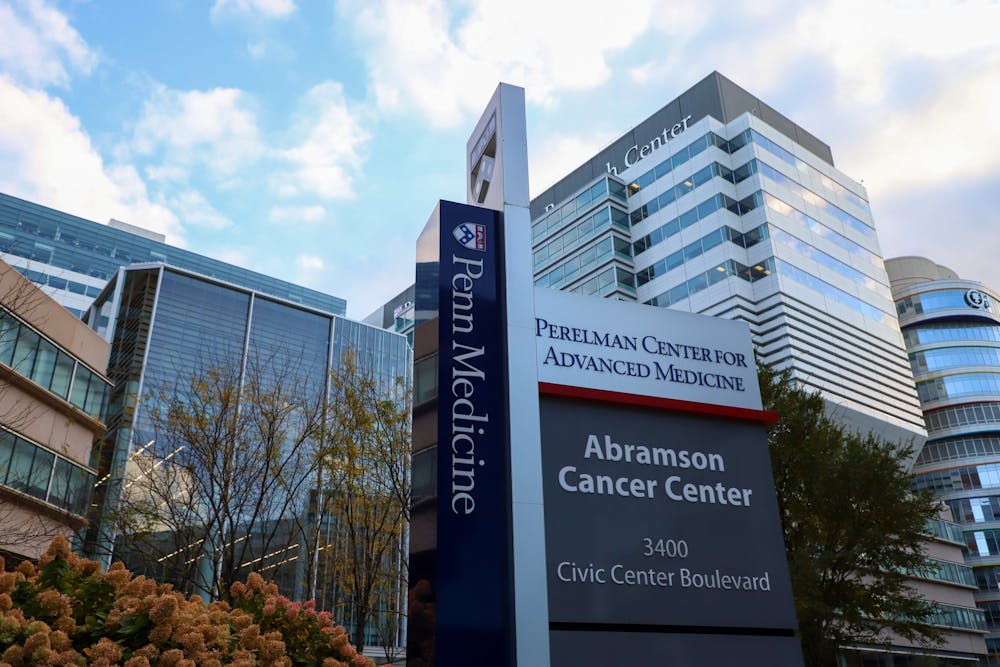
Researchers at the Abramson Cancer Center at Penn Medicine are developing a vaccine that could prevent cancer in individuals with mutations in their BRCA genes.
The focus of the research is on individuals who have the highest risk of developing cancer, such as those with genetic variants like the BRCA1 and BRCA2 mutations. These mutations are associated with certain breast cancers, ovarian cancer, prostate cancer, and pancreatic cancer.
Approximately 50 percent of women with a BRCA gene mutation will get breast cancer before turning 70 years old, according to the Centers for Disease Control and Prevention, compared to about seven percent of women in the general population of the United States.
The vaccine is currently being tested in individuals who have BRCA mutations who have never had cancer. The researchers hope that the vaccine may be able to intercept early lesions before tumors develop, keeping people cancer-free for their entire lives.
Susan Domchek, the executive director of the Basser Center for BRCA, told The Daily Pennsylvanian that the vaccine is designed to incite an immune response that helps prevent cancer.
“The actual vaccine is against something called hTERT [human telomerase reverse transcriptase]. Telomerase is an enzyme that is overexpressed in 95% of human cancers,” Domchek said. “The vaccine we are giving is to develop a T cell response, an immune response against telomerase.”
By developing a T cell response, the researchers are aiming to catch early cancers that may be developing in the cell state before spreading. While using the immune system to treat cancer was not previously believed to be a realistic method, recent discoveries have demonstrated otherwise. These discoveries have included methods such as CAR-T therapy, which is currently being investigated by the U.S. Food and Drug Administration.
Domchek discussed the challenges in creating a vaccine that works against the human body as opposed to one that targets foreign pathogens such as SARS-CoV-2.
“When you think about vaccines or COVID-19, or any other kind of virus that’s foreign, that’s a totally different sequence that looks foreign in the body so it is not as difficult to generate an immune response,” Domchek said. “You have to really understand the immunology quite well [to develop vaccines directed at human cancers].”
The DNA-based plasmid vaccine underwent an initial trial led by Abramson Cancer Center Director Robert Vonderheide, which looked at 93 patients who had early-stage but high-risk cancers. The aim of the study was to see whether the vaccine could prevent cancer from coming back through a safe process that elicits an immune response.
“When the trials showed that the vaccine was safe and there was a generation of an immune response … we went to the FDA and we said we wanted to do this specifically in BRCA carriers,” Domchek said.
The first part of the new trials, which is aimed at those with BRCA mutations, vaccinated 16 BRCA carriers who have had prior cancers. The current cohort under investigation are 10 healthy BRCA carriers, with a goal of enrolling 44 participants in the study.
The researchers hope that the development of this new cancer vaccine will provide cancer patients with better options than the surgical removal of body parts where cancer is found.
The Daily Pennsylvanian is an independent, student-run newspaper. Please consider making a donation to support the coverage that shapes the University. Your generosity ensures a future of strong journalism at Penn.
Donate






